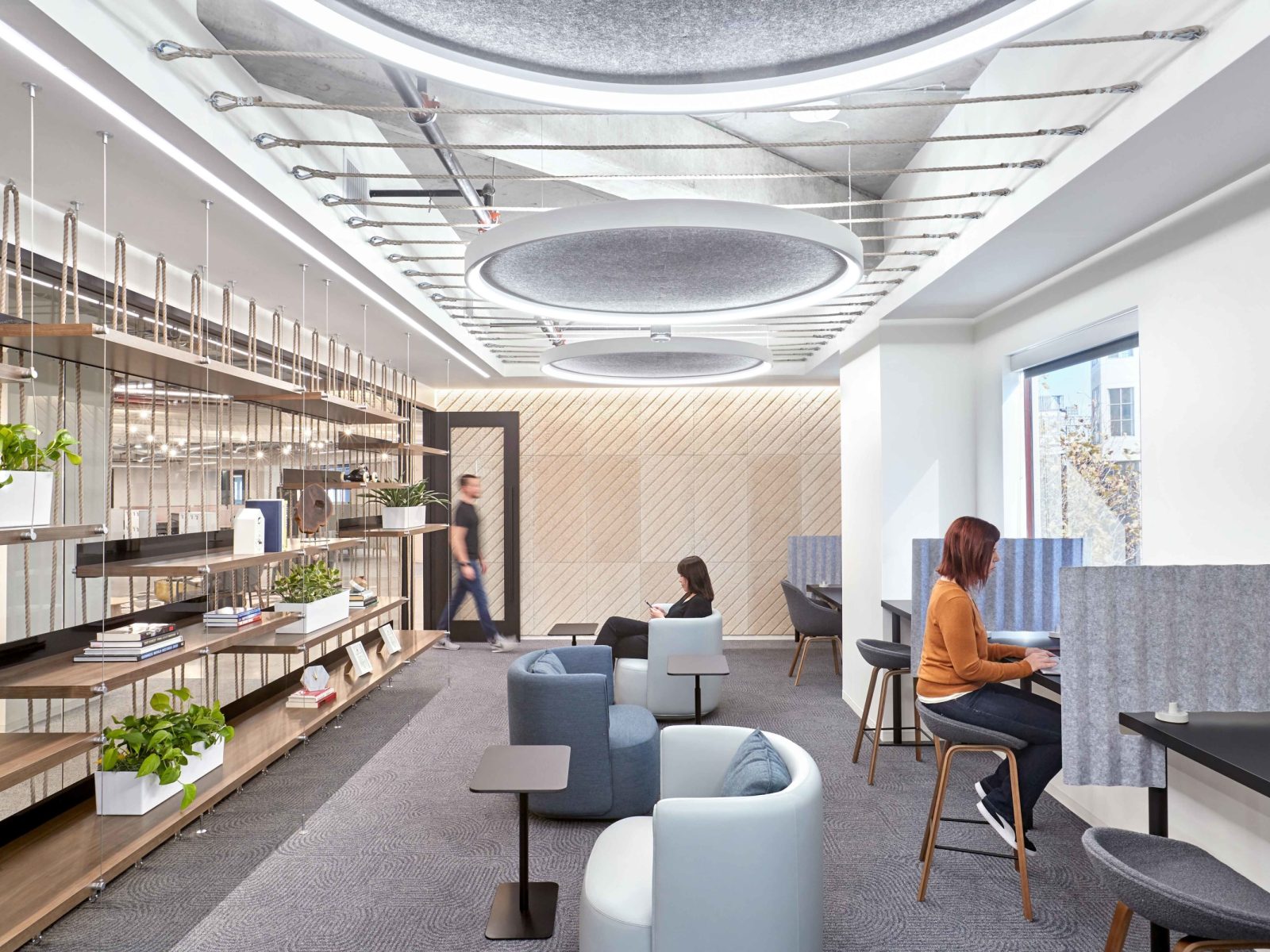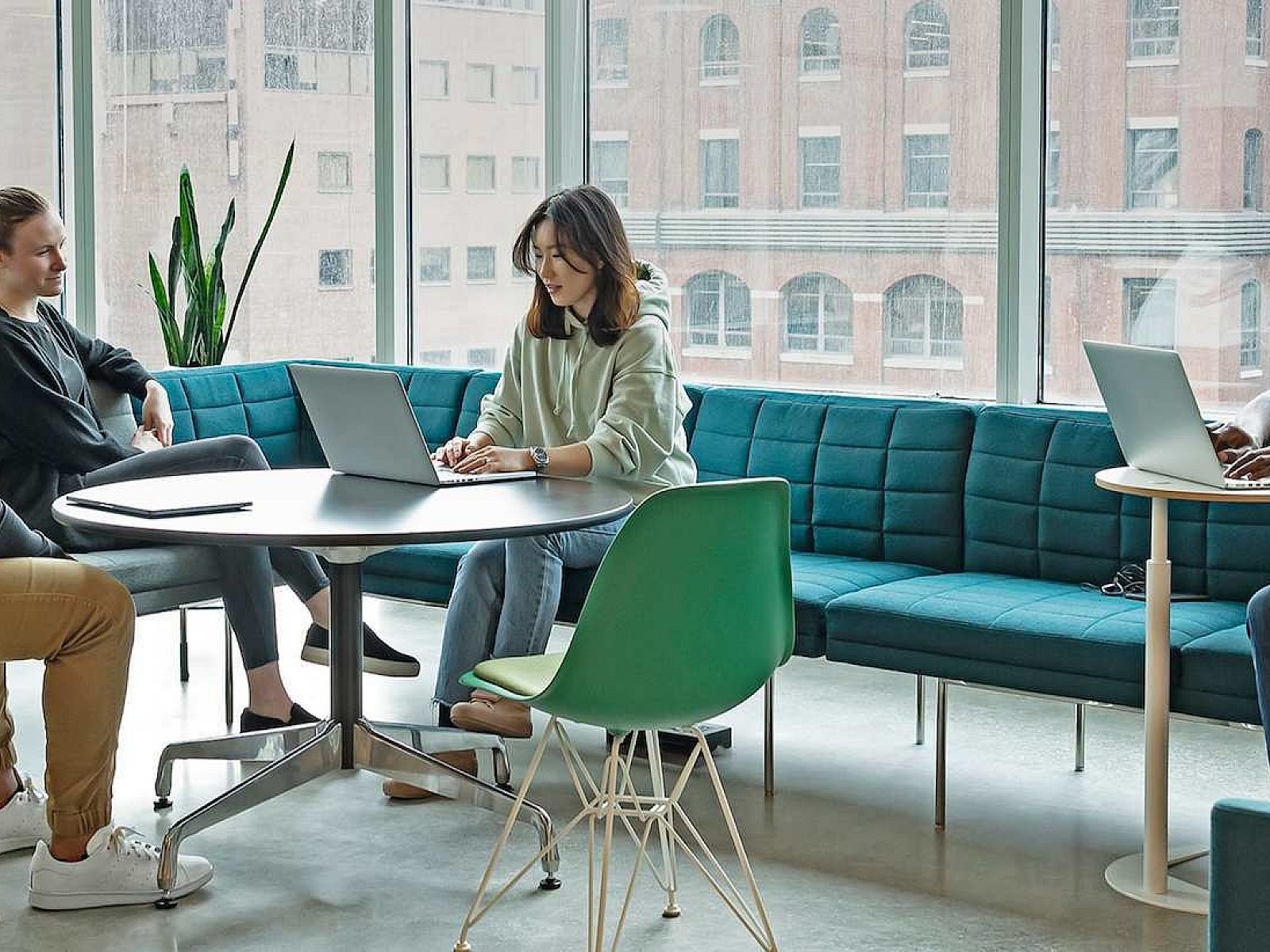The Future of Healthcare Design: Q&A with Bhawana Rajbhandary
A conversation with Pivot Healthcare Designer Bhawana Rajbhandary on the future of design for clinical settings

Can you tell us about your background and why you got into healthcare design?
My journey began in architecture, where I gained experience in both residential and commercial building design. I then shifted my focus to clinical healthcare design, and for the past two decades I’ve been working on creating spaces that enhance patient experiences and support medical professionals.
As a healthcare designer, I’ve had the privilege of working on a diverse range of clinical projects. These include clinical labs, outpatient and inpatient pharmacies, patient rooms, nurse stations, and registration or ancillary spaces. I’ve worked with clients that are on the cutting edge of care, such as Kaiser Permanente, Sutter Health, Stanford Hospital, Zuckerberg San Francisco General Hospital, San Francisco Public Health Department, several VA Hospitals, UCSF Medical Center and Regional Medical Center.
The heart of healthcare design lies in empathy. Every decision we make impacts patients, their families, and healthcare professionals. I draw inspiration from understanding their needs, challenges, and aspirations. Whether it’s creating soothing environments for healing or optimizing workflows for efficiency, my goal is to enhance the overall experience within these spaces.
What trends are you are seeing in the healthcare industry?
As technology evolves, we’re witnessing a shift toward more efficient and streamlined healthcare workspaces. The trend towards using advanced technology like AI is leading to more consolidated, or multi-functional, medical equipment, reducing the need for multiple devices and thus enabling leaner workspace designs. These spaces are optimized for efficiency and functionality, minimizing clutter and maximizing the use of available square footage.
in addition, ergonomics directly affect healthcare workers’ well-being. By designing workspaces and equipment with ergonomics in mind, we reduce strain and injury risks. Whether it’s an adjustable nurse station or an ergonomic pharmacy layout, prioritizing comfort and safety ensures better outcomes for both staff and patients.
In addition, modular construction allows for quicker, more cost-effective reconfiguration. Imagine assembling puzzle pieces—our spaces can adapt swiftly to changing needs. Additionally, vacuum-based plumbing replaces traditional gravity-based systems. This not only promotes sustainability but also reduces water usage and minimizes the risk of plumbing-related infections.
Finally, designing patient-based areas—such as exam rooms, consulting spaces, nurse stations, and registration areas—requires a deep understanding of patient needs. For mental health patients, we create environments that foster calmness and well-being. Thoughtful layouts, soothing furniture, and serene color palettes contribute to a healing atmosphere.
What unique advantages does Pivot offer for our healthcare clients?
We create inclusive environments by adhering to the Americans with Disabilities Act. We also collaborate closely with healthcare teams to understand their workflows. From accessible entrances to properly designed patient rooms, our goal is to make healthcare spaces welcoming and functional for everyone. Staff convenience improves productivity, while safety ensures well-being. Whether it’s ergonomic furniture, clear pathways, or emergency protocols, our designs prioritize both aspects.
What challenges are healthcare designers currently facing?
The market presents several challenges that keep us on our toes. Compliance with codes and regulations is essential but increasingly complex. Striking a balance between innovation and adherence to safety standards poses a challenge. We strive to stay informed and adapt our designs accordingly. Also, the demand for quick turnaround times—whether for design, submittals, or quotes—can compromise quality. Maintaining accuracy while meeting tight deadlines requires efficient processes and collaboration.
Healthcare design is a very specialized field. Finding dedicated professionals who understand the nuances of clinical environments can be challenging. Passionate designers who prioritize patient well-being are invaluable. This is one thing Pivot does well – employing trained and dedicated healthcare designers on our team.





















